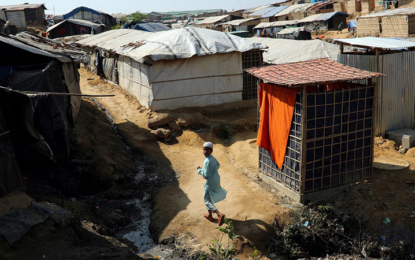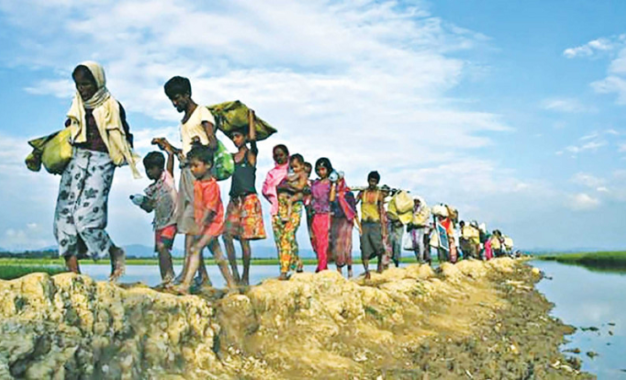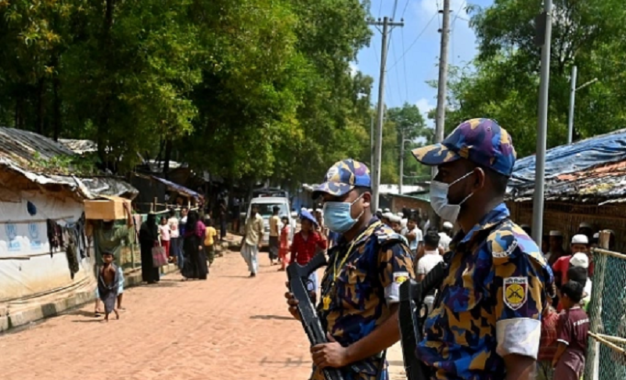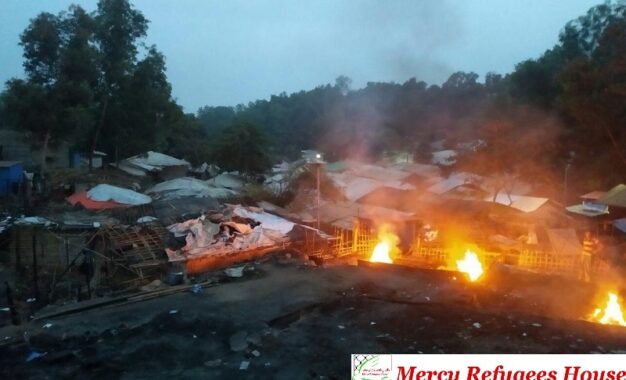Latest News
‘Rohingya refugees, their hosts in BD need continued support’
Bangladesh, Education, Help Refugees, Human Rights, Myanmar, Refugees Issues, Religious Rights

The almost one million Rohingya refugees and their host community in Cox’s Bazar remain vulnerable and need continued support – almost five years since they were forced to flee their homes for safety, according to the latest ‘Refugee Influx Emergency Vulnerability Assessment’ conducted by the United Nations World Food Programme (WFP) and its partners.
Almost all 900,000 refugees – 95 % of them – remain entirely dependent on humanitarian assistance today, notes a press release issued by the WFP today (13 March).
ALSO READ THIS: CHINA EXPECTS ROHINGYA RETURN TO BEGIN IN 2022
The Rohingya’s extreme vulnerabilities are further exacerbated by large-scale hazards, including fires and floods that hit the camps in 2021. In the host community, where most families rely on daily-wage jobs, a slow economic recovery after Covid-19 lockdown measures has caused their vulnerability levels to increase, with 52 % of the families considered moderately to highly vulnerable now compared to 41 % in 2019.
“The Ukraine crisis is a stark reminder that no one chooses to be a refugee. In this year of unprecedented humanitarian need, we hope the international community won’t lose sight of the Rohingya refugees in Bangladesh, who are more vulnerable than ever and may be plunged further into destitution by the impact of food and fuel price hikes,” said Sheila Grudem, WFP senior emergency coordinator in Cox’s Bazar.
Amazon Sponsorship
Recent Posts
Jul 29, 2023
It has been close to six years since hundreds of thousands of Rohingya faced a deadly genocide by Myanmar’s military and fled the country in search of protection and refuge in neighbouring Bangladesh. The Rohingya population has been undergoing persecution, discrimination, arbitrary arrests, and atrocities in Myanmar for over seven decades. Their condition is alarmingly […]


















